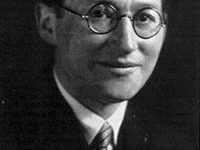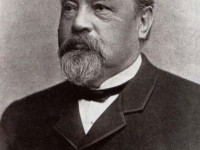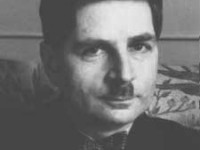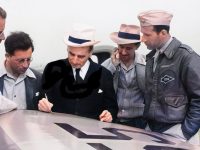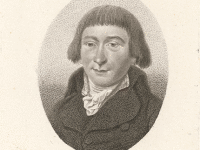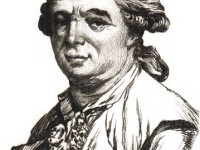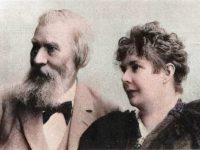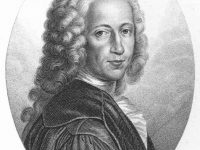Kurt Lewin and Formation of Social Psychology
On September 9, 1890, German-American psychologist Kurt Zadek Lewin was born. Lewin is known as one of the modern pioneers of social, organizational, and applied psychology in the United States. He is often recognized as the “founder of social psychology” and was one of the first to study group dynamics and organizational development. “Only a few years ago one could observe, at least among German psychologists, a quite pessimistic mood. After the…
Read more

